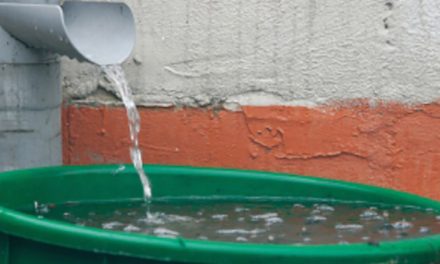There’s good news out of Congress:
They reached an agreement on proposed legislation that could make hemp legal to grow in the United States for the first time in nearly a century!
Yes, hemp is a cousin to the marijuana (or cannabis) plant but no, it doesn’t make you high. And while it’s commonly used in food, fuel, and bracelets it’s also one of the most durable fibers on the planet.
(Check out my CBD oil products here; organic and made in the USA! We are so proud to have such an extensive line- including our hemp free CBD For those who are sensitive.)
This new legislation officially acknowledges the difference between the two.
Finally.
With its passage, the farm bill will amend the Controlled Substances Act to make very clear that CBD derived from hemp would not be considered a controlled substance.
RELATED STORY:
“Technically speaking, hemp is a variety of the cannabis plant that contains less than 0.3 percent tetrahydrocannabinol (THC), the psychoactive ingredient in marijuana. Though its derivatives have been used for everything from textiles to medicine, hemp is currently everywhere in the form of a trendy ingredient called cannabidiol (CBD). Not only have cannabis derivatives like hemp been effectively banned in the US since the Marijuana Tax Act of 1937, but other legislation has also categorized marijuana products as dangerous Schedule I substances like LSD and ecstasy.”1
Now that the government is recognizing what CBD is and isn’t, there will likely be more CBD products on the market. However, while farmers will no longer need DEA approval to grow the plant, it’s expected that there will be “significant federal and state restrictions on hemp products and growers will need to be licensed and fulfill other requirements developed by the US Department of Agriculture.”2
But that’s ok because legalizing hemp will provide new jobs and economic growth, and maybe even in multiple states since hemp is a “versatile plant that can grow in various climates.” In fact, according to John Hudak, a senior fellow at Brookings Institution and author of Marijuana: A Short History, a state like Kentucky — where growing conditions are ideal- could see hemp “replace coal miner jobs in eastern Kentucky and could jump-start local economies that have really suffered as economic transition has happened.”3
RELATED STORY:
However, critics and hemp activists have pointed out that the bill’s current language “prevents people with drug-related convictions from ever taking part in the hemp business, which is a loss for racial justice given that these drug convictions disproportionately have targeted poor people and people of color. Plus, this prevents growers with marijuana experience from entering the labor market.”4
RELATED STORY:
Although the House and the Senate both need to officially vote on the new legislation, it is expected to pass before the end of the year.
Source:












